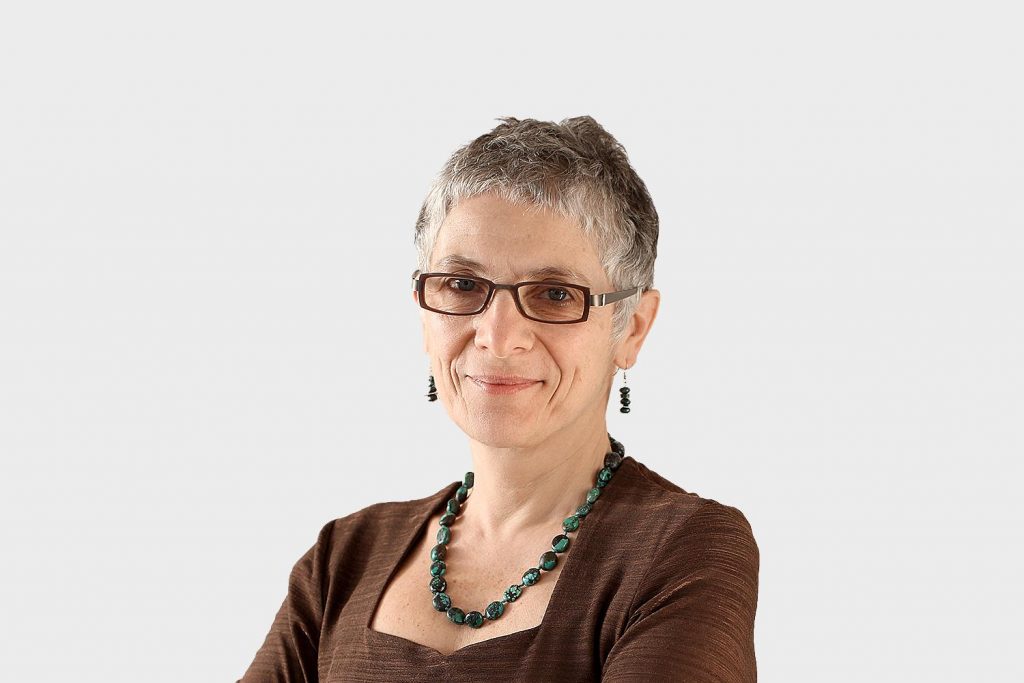Campaigners are tragically misguided in claiming that decriminalisation will solve anything, Melanie Phillips warns in The Times. Normalising drug-taking increases the numbers taking illegal substances and the harm they do.
Two young people died and 15 others were admitted to hospital after attending a music festival in Portsmouth at the weekend. Not all these incidents were drug-related but the festival subsequently issued a warning against a “dangerous high-strength or bad-batch substance on site”. Three people have been arrested on suspicion of involvement in the supply of class-A drugs.
Following this tragedy, there have been predictable calls for all festivals to provide drug-testing facilities. Niamh Eastwood, executive director of the drug liberalisation group Release, said every such venue where young people would inevitably take drugs needed services that could “reduce the harms and potentially save lives”.
Drug-testing facilities, however, normalise drug-taking and thus increase the numbers taking illegal substances and the harm they do. Such services include ensuring the purity of what people smoke, snort or pill-pop — as if marijuana, cocaine or Ecstasy aren’t dangerous in themselves.
The one realistic note was struck, tragically, by the mother of one of the Portsmouth fatalities, 18-year-old Georgia Jones. She hoped her daughter’s death would deter others from “taking anything ever”.
That should surely be the aim of any rational drug policy: stopping young people from ever taking drugs. Yet by some malign alchemy the problem has been reconceived in recent years as harm done not by drugs but by the law. So there’s been an ever-more explicit push to decriminalise all drugs, coming not just from legalisation charities but from an establishment which is increasingly in their pocket.
Last month, the Royal College of Physicians came out in favour of decriminalisation, joining the British Medical Association, the Faculty of Public Health and the Royal Society of Public Health in supporting drug policy liberalisation. A recent editorial in the British Medical Journal reiterated its firm support for “efforts to legalise, regulate, and tax the sale of drugs for recreational and medicinal use”.
Given the tremendous harm that illegal drugs do to health, this is astonishing. The BMJ trotted out the repeated claim by liberalisers that the “war on drugs” was a costly failure. To which one can only ask: What “war on drugs”?
At a rally supporting cannabis legalisation in Hyde Park last month, thousands openly smoked the drug while police officers stood by smiling and made not one arrest. This passivity is mirrored by a sharp drop in prosecutions for cannabis possession, according to the Focal Point on Drugs, by about 25 per cent from 2013 to 2015, with the most common sentence being a fine. Convictions for cocaine and amphetamine possession also decreased. Some war!
In line with this trend, some senior police officers have jumped on the drug defeatism bandwagon. The former chief constable of Sussex, Paul Whitehouse, has called for drugs including heroin, cocaine and cannabis to be legalised. You wonder what planet all these people are on. The argument that legalisation or decriminalisation would stop drug crime is ludicrous. First, the black market in drugs would only be eradicated if all drugs were not only legal but subject to no restrictions and freely available in any strength.
Much more important, though, is the crime and social harm caused by drugs in themselves. Cannabis and other drugs are regularly implicated in terrorist atrocities and other psychotically violent crime. Sabrina Kouider, who with Ouissem Medouni was last week found guilty of torturing and then murdering the nanny Sophie Lionnet while in the grip of obsessive and paranoid fantasies, was said to have spent much of her day smoking cannabis.
For many years now, study after study has shown alarming links between cannabis and psychosis. In America, the lobby group Parents Opposed to Pot has counted 106 child-abuse deaths related to marijuana since various states voted to legalise it. Many of these deaths, it says, were the result of pot-smoking parents becoming angry or psychotic with paranoid delusions.
American states that have legalised the use of recreational as well as medical cannabis have also experienced 100 per cent increases in injuries due to burns, a 48 per cent rise in children ingesting cannabis, and more than double the number of traffic fatalities after liberalisation in Colorado and Washington.
In Portugal, where liberalisation has given rise to a slew of misleading statistics peddled by legalisation campaigners, its Intervention Service for Addictive Behaviours and Dependencies reports that over the past five years consumption of alcohol, tobacco and illegal psychoactive substances, mainly cannabis but also Ecstasy, amphetamines, cocaine, heroin, LSD and magic mushrooms, has increased.
In Britain, the Focal Point on Drugs reports that cannabis is responsible for 91 per cent of cases where teenagers end up being treated for drug addiction. Repeated use of “skunk”, the strongest kind of cannabis, triples the incidence of psychosis. There has been a “sharp increase” in cocaine use among 15-year-olds, up 56 per cent from 16,700 in 2014 to 26,200 in 2016.
This has all happened not because of a “war on drugs” but because of its abandonment. That’s why the Portsmouth tragedy happened. To double down on calls for policy changes that will increase the number of drug users still farther is not to promote reform. It is a social death-wish.
Source: https://www.thetimes.co.uk/article/going-soft-on-drugs-is-a-disastrous-mistake-b2jnp5b3q


